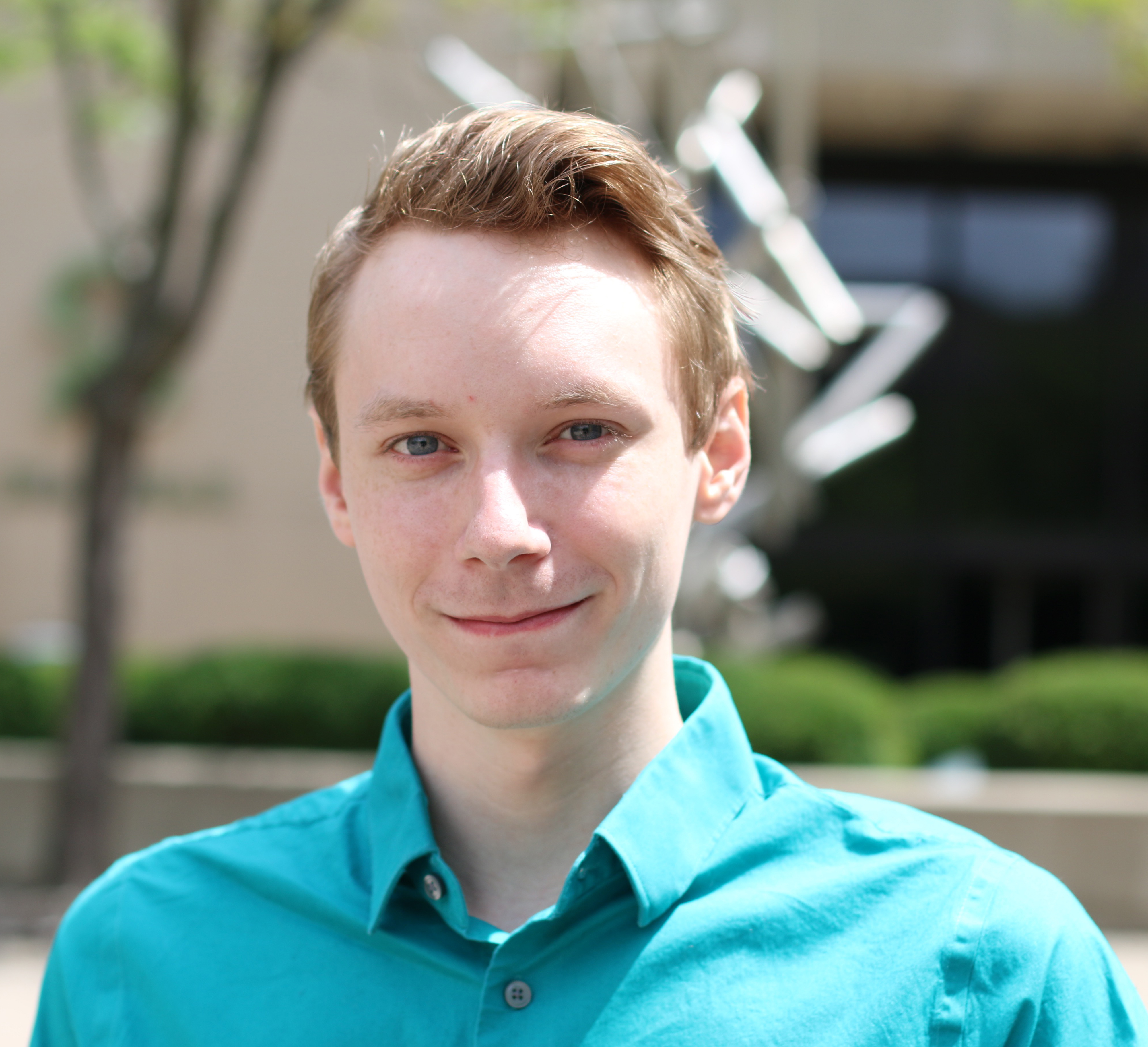We’re getting near the finish line this semester and with it, I reflect upon education a bit more than usual. I spend a lot of time thinking about where education’s going and if we’re going where we should, getting there on time and otherwise cultivating productive members of society.
Today, I want to stress how I feel personally about life as it goes forward–some of the extracurricular learning.
There’s the quote that hate isn’t the opposite of love, but indifference. Our world is a whole lot of love, hate and indifference. Surprisingly I’ve found the following:
Love, you shouldn’t concern yourself with. You don’t have time to invest in hatred. The world is indifferent.
That might sound bleak, but I think exploring the ways each of these properties of life interact is a key to personal happiness.
I don’t think any amount of being concerned with love is going to bring it your way. There’s a whole lot of trouble with focusing on something you probably don’t have a full understanding of, something that’s inevitably in the ever-changing future and that involves two separate entities.
You can, however, work on your own gravity. A lot of our outer world can change by understanding our own perspectives from the inside-out.
Some people find themselves exploring their faith or their values. Or, you could do it my way where you just travel from the Brooklyn Bridge to the Golden Gate Bridge asking people existential questions you really mean to ask yourself.
Either way, if you find a dynamic balance within yourself, you can use the theory of attractiveness to bring what you want closer to happening. You have a natural gravity in all your behaviors. We can feel weighed down by it or we can feel relieved of some of life’s indifference and hatred.
Hate, for as much hate it gets, is necessary. For many, those initial moments and preludes to mistakes are the first signs we have of our unresolved complexities. Emotional frustration gets a bad rap.
We all had clues our entire lives. We still get them to this day about what we have left to learn. Where would we be without moments of weakness, frustration, ignorance and our mistakes?
There’s never going to be a day where you suddenly wake up and er no further. No amount of self-work will give you this result, either.
For as much as we shy away from the uglier side of humanity, hatred and malice create the cracks to our constitution that challenge us to change, to grow and to love.
Then, we arrive at indifference. I think, perhaps I dislike indifference the most. It distinguishes love. The sun rises and sets. A bit cruel, isn’t it, to leave us to our own devices for all that remains between?
We cannot ever understand indifference. We can experience love’s many forms and hatred’s personifications, never can we claim to be indifferent. We are the grand receivers of life’s onslaught. It’s not physically possible to receive stimuli and not experience it.
We do not have objective vision. When we say we don’t care, we don’t mean it. We mean that we don’t want to, that we can’t afford to invest ourselves into it. If we could fully understand each other, even just one other being besides ourselves, we would be incapable of functioning.
We’re operating in a world where we understand it to be indifferent. The sun rises. But we, the world’s inhabitants, cannot match that indifference. So, we struggle. The sun sets. The world’s most functional barrier comes with its cost.
A bunch of persons talk about how the world’s operation is not personal. We’re just sending that message to deal with it, not to receive it.
Love is that ultimate refutation of the indifferent world’s false premise.
Love is what happens when two people cannot remain indifferent to one another. There is no distance that could be created, no lie to soften one of life’s blows, no path that could remain to rationalize life’s irrationalities. That is connection.
If you’re mindful of these three concepts, you can navigate your way through the products of their many overlaps.
Barton Kleen
Executive Editor


